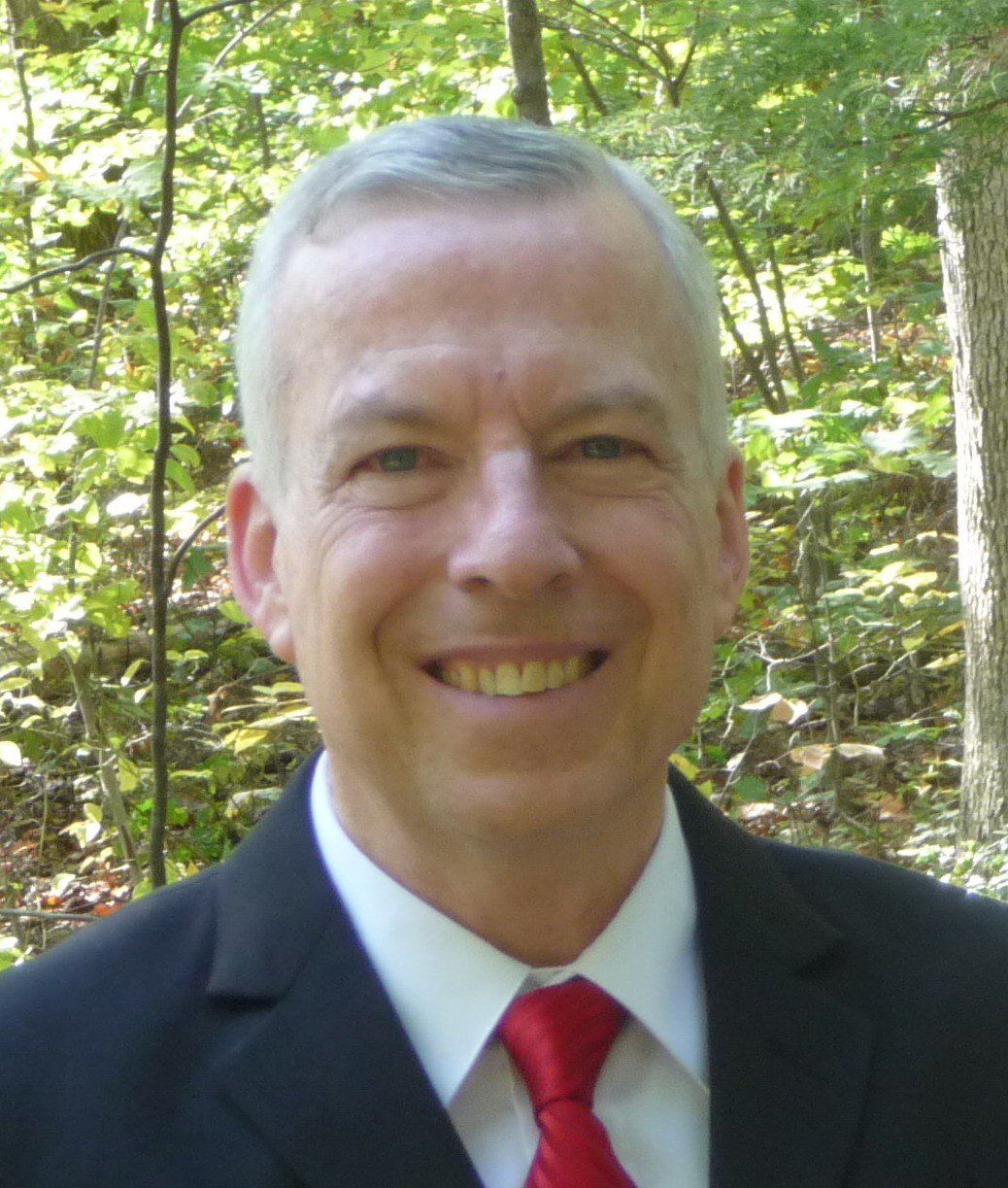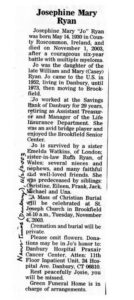This time of the year is all about sharing … sharing our time and exchanging visits and gifts with family and friends, perhaps including family history projects. As genealogists, we are always seeking and exchanging information as part of our never-ending quests to find elusive ancestors and learn about their lives, and to share our discoveries with family and other researchers. The opportunities to share – and benefit from – our genealogical research have never been easier in this age of the Internet. The more we share, the more we can help others who may find something big or small in the fruits of our labors. The reverse is also true – the more we share, the more likely it is that others will share with us.
Whether we post online something as simple as the names of everyone with a single surname from a collection of indexed or unindexed records, or a compilation of references to selected surnames found in original sources, or an article or blog post reporting the results of our research, or a fully-documented family study, or anything in between, it is likely that others who find our work will contact us and perhaps send information of value. Over the years I have been rewarded many times over for sharing widely what I had discovered, as evidenced by two examples from researching Irish ancestors on my mother’s side of the family.
In the early 2000s, before the explosion of Internet-based genealogical resources, one had to rely upon microfilmed records and on-site research, all of which was time-consuming, tedious, and sometimes expensive. Eventually I managed to find enough information to write draft chapters or short genealogical sketches about several branches of our family tree. I emailed them to all relevant relatives for whom I had email addresses, and sent “hard copies” to family elders who did not have computers. In a previous post (“Flower power,” 3 November 2021), I recounted how a distant cousin provided the breakthrough that not only revealed the precise place in Italy where my paternal great-grandparents lived, but also allowed me to track down cousins still living in their ancestral town. In addition to sharing the draft chapters with relatives, I also posted some queries on genealogical websites about the families I was researching.
I happily sent him the draft chapters I had written, copies of documents and notes, and lots of research suggestions.
Years went by, but then one of those queries caught the attention of a retired Irish physician from Waterford, Dr. Garrett R. FitzGerald, who had just begun to research his own family history. My queries were intended to solicit information that I needed, but this researcher, who turned out to be a distant cousin on my mother’s side, was seeking information from me! I happily sent him the draft chapters I had written, copies of documents and notes, and lots of research suggestions. All of this helped to jump-start his research, which proceeded by leaps and bounds, thanks to his enthusiasm and all the online sources that had become available since my initial efforts. He built a family tree on Ancestry, and over the next few years deluged my inbox regularly with new records and new ancestral relations he had discovered. I wasn’t keeping score, but I’m sure my initial contributions to his nascent family history project were reciprocated many times over. Best of all, Judy and I had the pleasure of meeting him and his family in October 2015, in Dublin, where we celebrated our joint birthdays on October 29!
The second instance of the extraordinary benefits of sharing involves another example of delayed but rich rewards. One of my first cousins once removed, Eileen Regucci Canale (1928-2019) of Fairfield, Connecticut, my father’s cousin, followed my research with great interest. She was herself a veritable “family oral historian” who regularly exchanged phone calls with an extensive network of relatives to check in on them, share family news and gossip, and opine about the state of the world. She was a great source of family information and lore, and told me things about our extended family and ancestral relations that no one else did. Knowing that my mother’s maiden name was Ryan and that both of her parents immigrated from Ireland, in 2003 Cousin Eileen sent me a newspaper clipping of an obituary for a Josephine Mary Ryan (1930-2003) from the Danbury News-Times. It was one of those obits that genealogists love – it named her parents and siblings, and reported when she emigrated from Ireland, her employment, and her favorite pastimes!
[Several] months ago – eighteen years later (!) – I came across that obituary...
At the time, given the limits of my research, I did not recognize her or her family, so I just filed the obit. away. But several months ago – eighteen years later (!) – I came across that obituary while updating my research into the Ryans. Noting that Josephine’s parents were William Ryan and Mary Casey, I double-checked my now much-expanded family tree and found that William was the brother of my grandfather John Joseph Ryan (1874-1952)! That unexpectedly opened up a new research front, revealing that two of Josephine’s younger sisters, Christine (1914-2001) and Winifred (1920-1997), also immigrated to the U.S. and settled in Danbury. Josephine and Christine remained single, but Winifred married and had children, and I am now trying to make contact with her descendants, my new-found cousins. I only regret that I did not learn of these Ryan immigrants earlier so that I could have thanked Cousin Eileen in person … but I’m sure she knows!
These examples could be multiplied, and I hope you, too, have had such fortunate experiences. After all, the “law of reciprocity” applies to genealogy as well as other social endeavors! As the common saying goes, “you get what you give!” So as we enter this festive season of goodwill and generosity, let’s redouble our efforts to share both the fruits of our work and the research challenges we’ve encountered … chances are we will be paid back with dividends!
Share this:

About Joe Smaldone
Joe Smaldone and his wife Judy Warwick Smaldone have been researching their family’s history for more than 20 years. Their research has taken them to many national, state, and local libraries, archives, court houses, churches, cemeteries, historical and genealogical societies, and other research sites across the United States, and abroad to Ireland, Italy, and Sweden. They are members of NEHGS and the New York Genealogical and Biographical Society. Joe was an adjunct professor at Georgetown University, where he created and taught a course entitled Your Family in History. He is a Genealogy Research Consultant at the FamilySearch Center, Annapolis, Maryland, and has published numerous genealogical studies, articles, abstracts, blog posts, and indexes.View all posts by Joe Smaldone →
